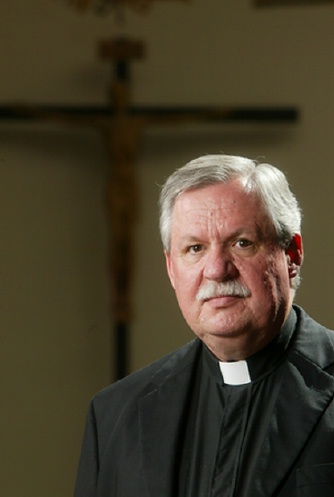
The genius of Catholicism is its ability to express our faith vividly and concretely through symbols and art: the Rosary, the Stations of the Cross, the Sacred Heart, and above all the Eucharist are only a few.
In that spirit I hope these reflections will give you a vivid and concrete experience of Jesus’ life during the last week of his earthly life. These events give us the Eucharist. To walk with Jesus in Holy Week, especially the Easter Triduum, is to walk the reality of the Eucharist.
The Gospel of John Chapters 11 to 13, 14 and 15, and 18 and 19 is the text for this series. Please read as much of this Gospel as you can. It is a refined, elegant, dramatic piece of writing. And, since it is sacred Scripture, the Holy Spirit will certainly speak to you through the text.
You might want to read this series in order, since they follow the story line.
But if one verse or one section strikes you in particular, don’t hesitate to stay with it.
Move at your own speed, as the Holy Spirit seems to be leading you.










